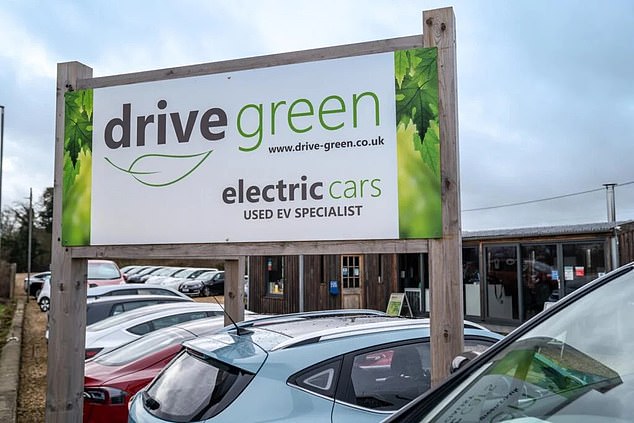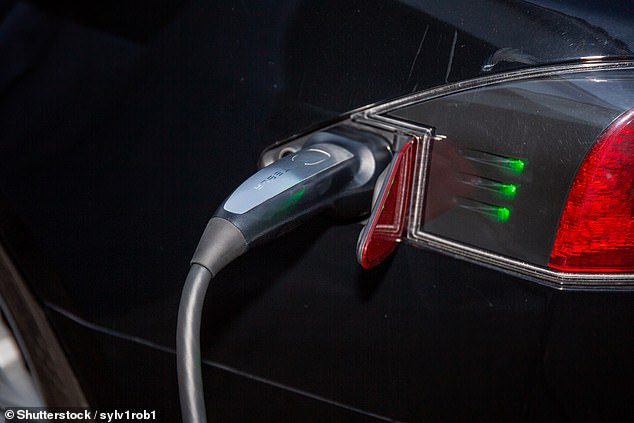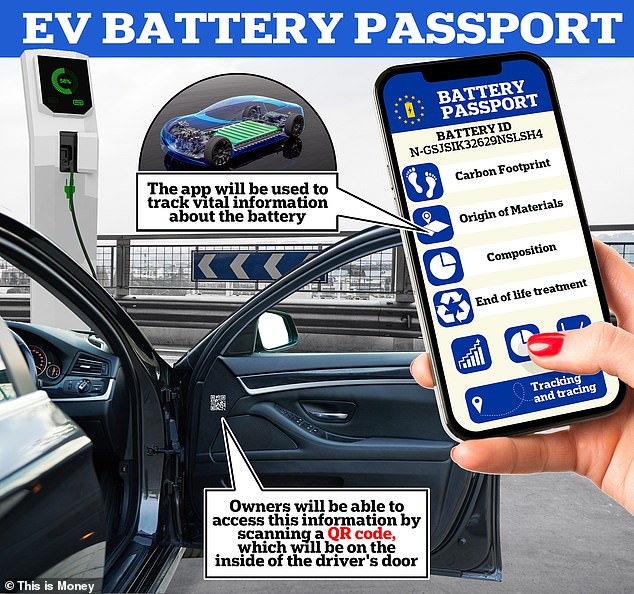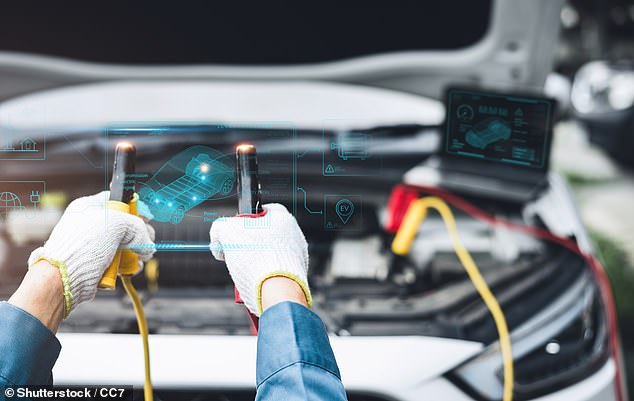Table of Contents
According to the Green Finance Institute (GFI), “fear of poor battery condition is the biggest obstacle preventing the used electric vehicle market from taking off.”
But this could soon be a concern of the past because, for the first time, a battery health rating system has been introduced to the UK used electric vehicle market.
Used car seller BCA has introduced its own EV Battery Health Grading service to allow drivers to purchase electric vehicles with greater confidence. But is it enough to convince you to go green?
Used car seller BCA has introduced its own EV Battery Health Grading service to allow drivers to purchase electric vehicles with greater confidence. Research shows that 87 percent of prospective used electric car buyers expressed the importance of obtaining an independent, certified assessment detailing the condition of the vehicle’s battery maintained by the previous owner.
The BCA Battery Health Rating will give buyers a quick view of the health of an electric vehicle’s traction battery, with an easy-to-interpret scoring system.
The letters A to E will be accompanied by the numbered score of a ‘FLASH Test’ of an AVILOO battery.
When a customer purchases a used electric vehicle from BCA, the battery health rating will be displayed in a quick-reference format on the vehicle details page, in vehicle search results, and on live bidding screens on BCA auction houses.
Buyers also get access to the full post-sale FLASH test report, which will be funneled through the subsequent retail process, including to local used car dealers. This will help sellers and buyers have greater confidence in a transparent market and allow distributors to talk to customers about battery health concerns and hopefully eliminate them.

The House of Lords Environment and Climate Change Committee’s 2024 report on electric vehicle strategy: fast charging needed stated that “consumer confidence in the second-hand market is currently being undermined by uncertainty and concerns about the state of electric vehicle batteries.
BCA chief operating officer Stuart Pearson said: “BCA’s new battery health rating helps our buyer customers bid on electric vehicles with complete confidence and make more informed decisions when purchasing.”
“The service offers absolute transparency with unbiased testing and ratings, providing a reusable report that will further assist the retail process.”
The Battery Health service is currently active at BCA auctions and should soon begin filtering through the used car network.
How AVILOO Battery Test Works
AVILOO, BCA’s battery health partner, provides an unbiased and independent test that is carried out by connecting its test box to the electric vehicle’s on-board diagnostic interface.
The full report shows the remaining battery capacity from 0 to 100 and shows “red flags” in case of faulty battery modules.
The A to E rating system is similar to vehicle condition ratings, making it easy for buyers to understand quickly.
Marcus Berger, CEO of test provider AVILOO GmbH, commented: “AVILOO’s battery health test covers 95 percent of all available electric vehicle brands, meaning it fits perfectly with extensive remarketing programs. BCA online in the UK and Europe.
“Driving greater trust, along with a transparent process, remains key to the continued development of the used electric vehicle landscape.”
Why is the health of used EV batteries such a big barrier to adoption?
In June 2023, the GFI found that 62 percent of consumers would not purchase a used electric vehicle due to concerns about battery life.
A year later, Starline Used Car Tracker research showed that 87 percent of prospective used electric car buyers expressed the importance of obtaining an independent, certified evaluation detailing the health of the vehicle’s battery maintained by the owners. previous.
House of Lord’s Environment and Climate Change Committee Report 2024 Electric Vehicle Strategy: Fast Recharging Needed stated that “consumer confidence in the second-hand market is currently being undermined by uncertainty and concerns about the state of electric vehicle batteries.”

The BCA A to E rating system is similar to vehicle condition ratings, making it easier for buyers to quickly understand how healthy their used electric vehicle’s battery is.
Paul Burgess, chief executive of Startline Motor Finance, said: “Probably the biggest fear consumers have when buying a used electric car is that the battery will fail or degrade very quickly.”
“They know that buying a replacement vehicle could cost several thousand pounds and the value of their car would plummet.”
Although these concerns are “largely unfounded” as “battery degradation generally occurs much more slowly than anticipated, while complete battery failure, while not unknown, remains a rare occurrence.” common,” Burgess understands that “used car buyers clearly want peace of mind” in the form of testing.
EV battery health testing is likely to become commonplace in the used EV market in the future, as it was one of the key EV promises in Labour’s manifesto.
The Labor Party set out its intentions to implement standardization of the information provided on the condition of electric vehicle batteries to help buyers of second-hand electric vehicles.
And Labor said it would introduce the ‘EV Trusted Labeling requirement’ on new EVs, similar to the Monroney label used in the US.

All new electric vehicles sold in Europe from 2027 will require ‘battery passports’ that track vital information such as the origin of materials and carbon footprint over the life cycle of the battery. One brand has already introduced an electric vehicle battery passport for its flagship model…
New health passport for electric vehicle batteries: which manufacturers are already introducing it?
From 2027, any new electric vehicle sold in the EU will require an “EV battery passport.”
The passport will demonstrate the origins of the raw materials contained in the battery, how much of the content is recycled and its carbon footprint over its life cycle, including production and transport.
Volvo Cars has already launched the “world’s first electric vehicle battery passport” for its flagship EX90 SUV, which will begin production in the United States.
While these battery passports will be mandatory for all electric vehicles sold in the European Union (and the United Kingdom) from February 2027, one mainstream car brand has already gotten ahead of itself.
Volvo Cars has already launched the “world’s first electric vehicle battery passport” for its £100,000 EX90 flagship SUV.
The passport has been developed in-house by Volvo, owned by China’s Geely, in partnership with British startup Circulor.
It uses blockchain technology to map companies’ supply chains and took more than five years to develop.
Volvo’s global sustainability director Vanessa Butani told Reuters that the introduction of the passport almost three years before the regulations come into force was aimed at being transparent with car buyers as the automaker aims to produce only fully electric cars by 2030.
“It’s really important for us to be pioneers and leaders,” Butani said.
Some links in this article may be affiliate links. If you click on them, we may earn a small commission. That helps us fund This Is Money and keep it free to use. We do not write articles to promote products. We do not allow any commercial relationship to affect our editorial independence.

